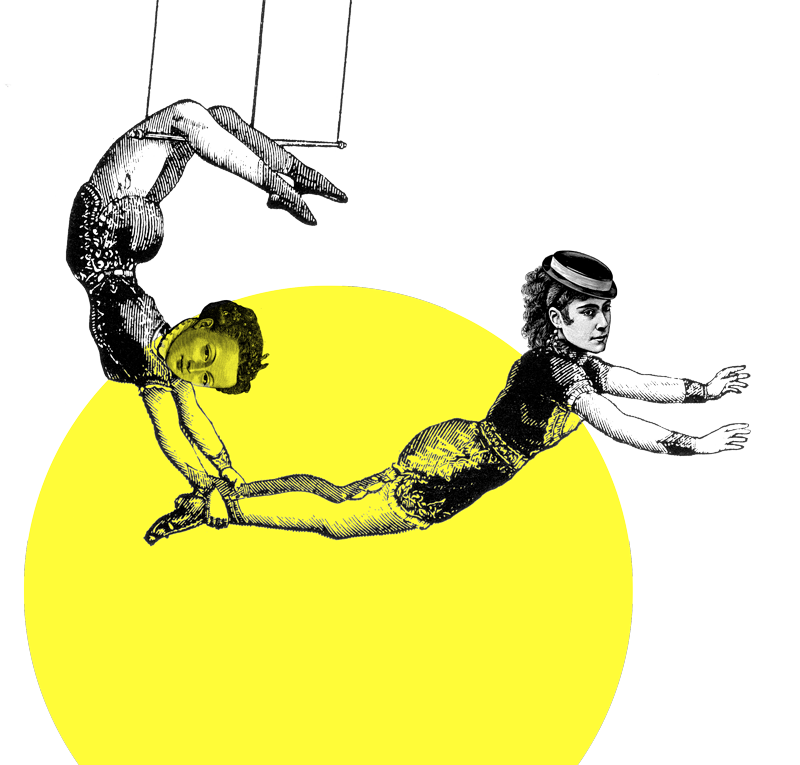
Growing and making decisions
Post-docs
In the post-doctoral phase, your role increasingly extends beyond research, encompassing project work, administrative tasks, and building your professional visibility within networks and teams. Alongside these responsibilities come high expectations: to demonstrate leadership potential, secure funding, and make strategic choices about your career path. These growing responsibilities bring both opportunities and challenges, as you balance high expectations with the need to plan your long-term career path.
With my support, you can explore three key areas:
Communication
Topics
- Increase visibility and assert your ideas
- Handle difficult conversations more effectively using coaching models and approaches
The exact content and topics of the coaching are always based on the individual needs of the client.
Career
Topics
- Recognise, value and confidently communicate your strengths and goals
- Clarify your direction: continue in academia or pursue alternatives
The exact content and topics of the coaching are always based on the individual needs of the client.
Life balance
Topics
- Manage acute workloads with resilience
- Strengthen resilience with Positive Psychology approaches
The exact content and topics of the coaching are always based on the individual needs of the client.
Communication
At this stage of your career, administrative and leadership responsibilities increase alongside your academic work. Strong internal and external communication therefore becomes even more important. In coaching, you will learn how to develop a clear profile and present your competencies and aspirations with confidence—even in challenging situations.
You will also strengthen your ability to lead through communication—using discussion techniques that encourage colleagues to contribute solutions and take responsibility. A focus on strength-based self-presentation and constructive dialogue methods will support you in managing conversations effectively and authentically.
Career
In career coaching, you will identify your strengths and skills and acknowledge the career you have built so far. You will learn how to strategically shape your path in science and research, define concrete next steps, and set out a longer-term perspective. If you decide to pursue an alternative career path, you will work out options beyond academia and “translate” your experience into other sectors. If desired, this can also include revising application documents and preparing for interviews.
Life balance
When you are as passionate about your subject as you are, there is also the risk of burning out. High levels of commitment and enthusiasm often lead to long working days, while ongoing dependence on funding and fixed-term contracts create constant uncertainty about the future of your career. In the “rush hour of life”, additional care responsibilities—whether for children or ageing parents—add to these pressures. Finding time for yourself amidst these demands, or maintaining a sense of purpose in the workload, is an ongoing challenge.
In coaching, you will explore strategies for self-care and well-being, drawing on approaches from Positive Psychology to strengthen resilience and cultivate greater serenity.

Kaminska Coaching
Sternwartenstraße 21
04103 Leipzig
kontakt@kaminska-coaching.de
Fon: 0176 294 076 54
